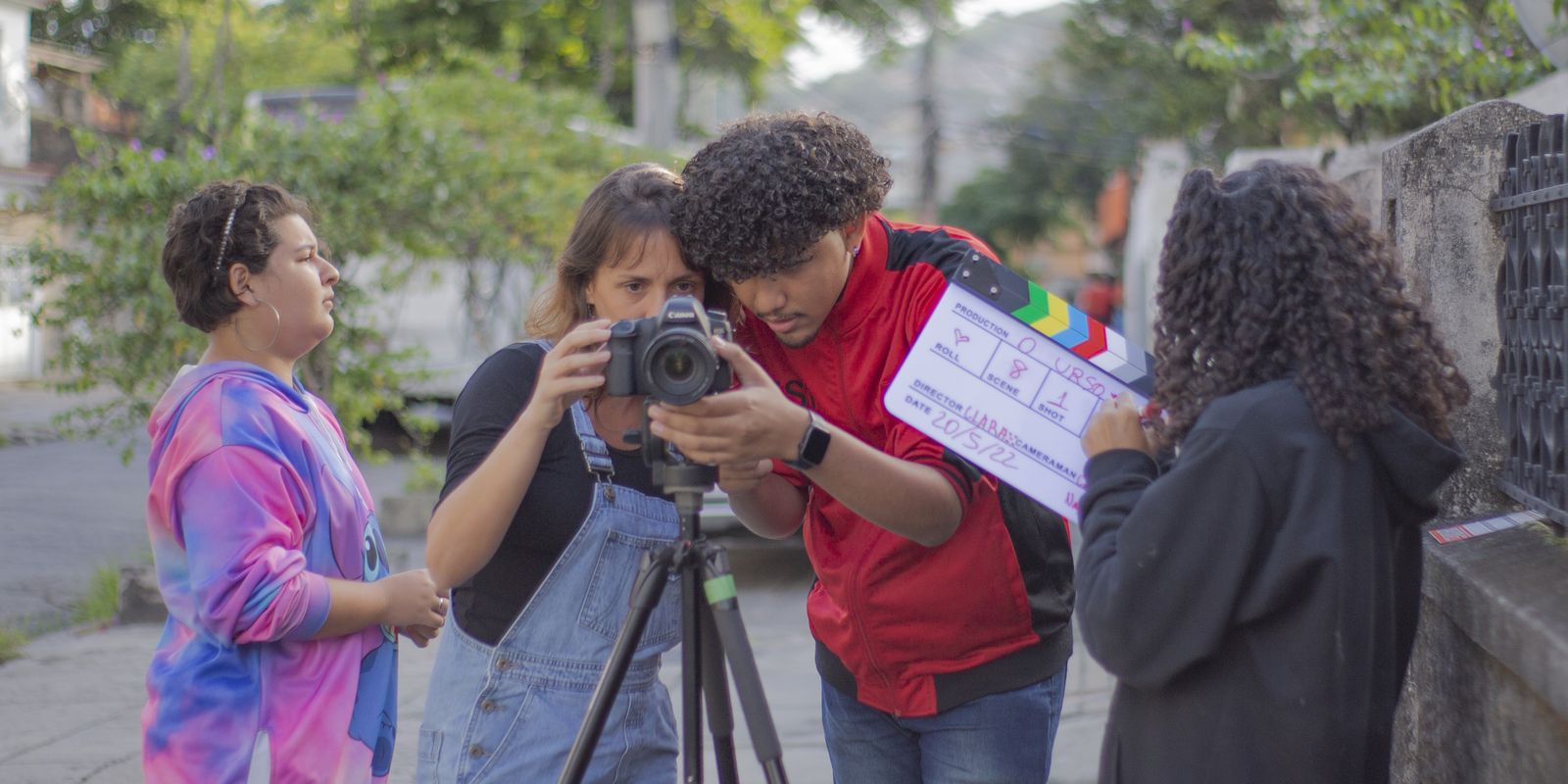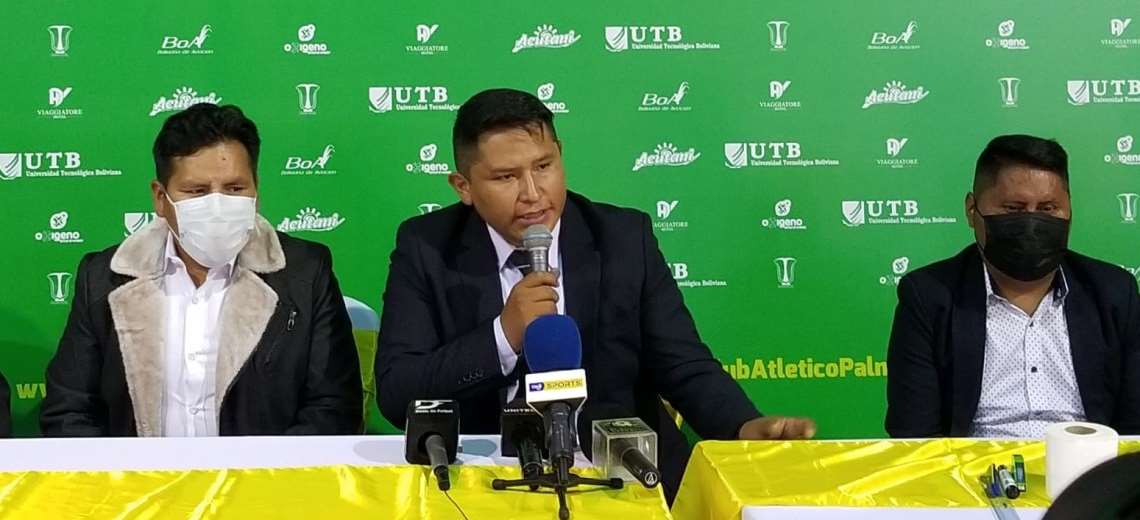Founder of the non-governmental organization (NGO) Raiar, the teacher and director of the Images in Motion Program (PIM), Ana Dillon, former film editor of filmmaker Eduardo Coutinho, who died in 2014, leaves this Saturday (28) for France, accompanied by six students from the secondary and elementary levels of the public school system. The group will participate in the international meeting A nous le cinema! Une experience internationale de cinéma à l’école in Pantin, on the outskirts of Paris.
The event takes place from June 1st to 3rd, for the first time in person since the beginning of the covid-19 pandemic, and will allow Brazilian students to present the films made in their schools. The six students are residents of Rio de Janeiro, Camaçari (BA) and Várzea Paulista (SP). The return to Brazil is scheduled for June 5th.
The Images in Motion Program (PIM) was created 12 years ago by Ana Dillon, with the aim of offering workshops on creation and artistic realization in public schools. “We work with cinema, music, body expression,” Ana told Brazil Agency. The workshops take place at times outside normal classes, in order to promote full-time occupation during school hours. “If students study in the morning, they participate in the afternoon; if they are in the afternoon, the workshops take place in the morning. It’s a way to make their time at school longer.”
Network
PIM is a pioneering partnership in Latin America, with a worldwide network of 16 organizations dedicated to teaching cinema and audiovisual in schools, called Cinema, 100 years of youth. The network has the general guidance of filmmaker and professor Alain Bergala, considered a world reference in the field of cinema pedagogy. He advocates teaching cinema to children and teenagers at school.
Bergala was Ana Dillon’s master’s advisor in France and was already studying, at the time, how education gains from teaching cinema in schools, how film education can contribute to an innovative education that is different from traditional molds and, at the same time, time, how cinema can feed on new perspectives, “from these fresh and young perspectives, which are those of children and adolescents”, highlighted the filmmaker.
The idea, stated Ana, is to bring together professors, filmmakers and students to look at cinema and, together, discuss and debate what it is to make cinema, based on the idea that there is no right or wrong way. “What matters is that we learn together, that we exchange views, ideas, perceptions. The work is based a lot on this premise”.
The event marks the annual meeting of the network Cinema, 100 years of youth, created in 1995. Each of the 16 participating countries will screen two films. Brazil will be represented by a short film from Rio de Janeiro and another from Camaçari (BA). In addition to the two students who will represent their schools at the event with the films produced, another four students from public schools will participate in the debates, although they will not have their films screened.
The result, according to Ana Dillon, is quite positive. “There is an exchange of experiences. They are countries with very different social and cultural contexts”. Among the participants are Japan, Finland, Uruguay, Mexico, Italy, England, Scotland and Brazil. The exchanges cover not only the cinematographic sphere, but also life, because the films are all inspired by the students’ experiences. In the films, they talk about their lives, the places where they live, the issues that are on the agenda for each one. “The debates deal with both the cinematographic construction and the stories told, the inspirations that mobilized the network”.
Each organization that participates in the network finds resources to finance the workshops and trips on its own. In the case of Raiar, which has participated in the network since 2011, the NGO has cultural sponsorships from companies under the federal and municipal laws of Incentive to Culture.
Balance
Ana Dillon informed that over these 12 years of the program, 18 films produced by students from Brazilian public schools were shown at the international meeting. In 2020 and 2021, due to the covid-19 pandemic, the event took place virtually, preventing the films from being shown in person.
About 1,400 students and 100 educators from all over the country have already participated in the Imagens em Movimento Program, with the production of more than 160 films in the workshops. This year, the thematic axes of the PIM are focused on issues of identity, territory, Afro-Brazilian culture and gender diversity. The intention is “to integrate Brazilian students in this context of the world’s vanguard on an equal basis, contributing to the crossing of some social abysses that traditionally isolate students from the public network”, said Ana Dillon. The short films produced by the students are also sent to national and international student festivals.
At the end of the year, free and open exhibitions are held within the scope of the program. Films by foreign partners are also shown on the occasion. “This should happen in December, in movie theaters, in events open to the public and free of charge, in Rio de Janeiro”. Smaller versions will also be made in other cities, such as Vitória, Várzea Paulista, Camaçari and Macaé.









